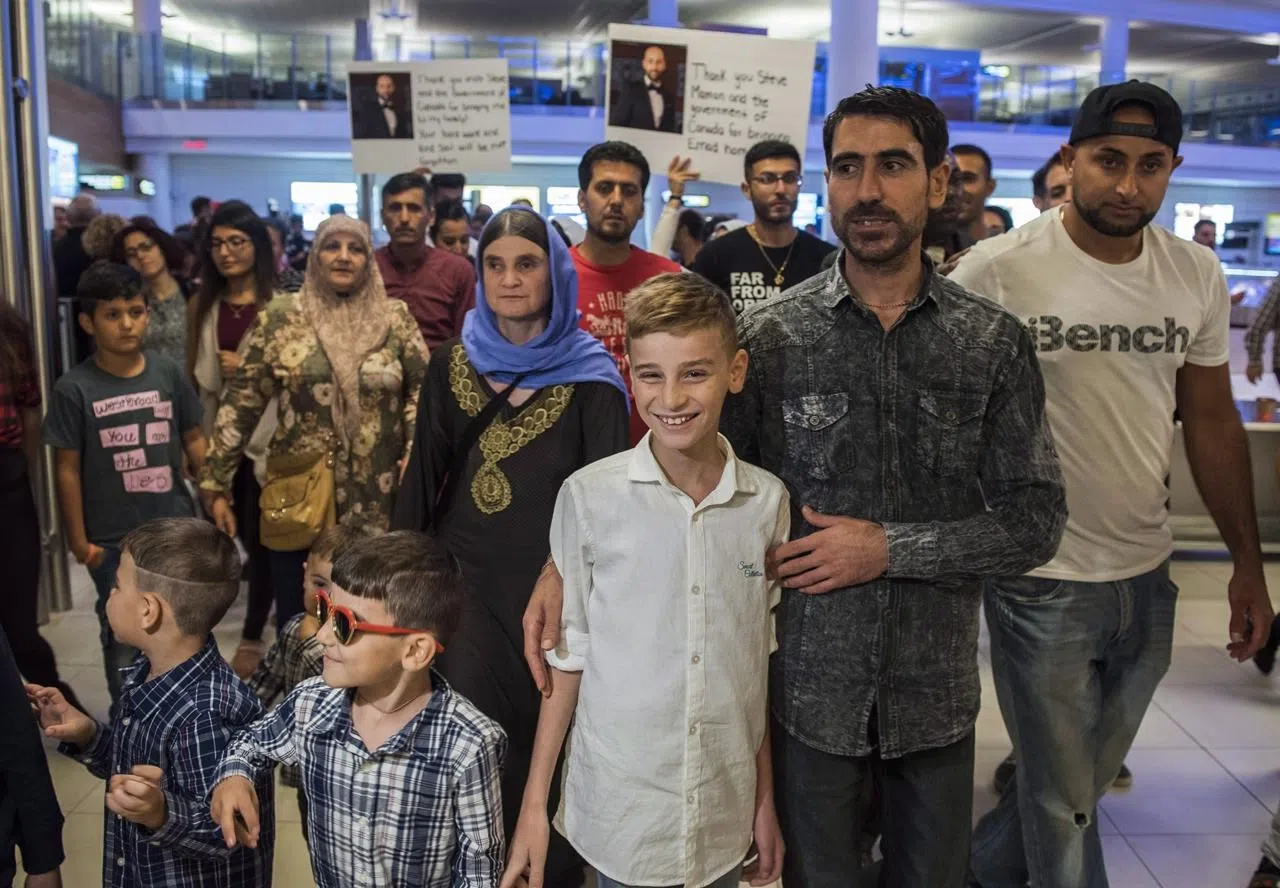
With 650 Yazidis now in Canada, officials say target of 1,200 in sight
OTTAWA — A promise to resettle 1,200 people who escaped torture and persecution at the hands of Islamic militants is within reach by the end of the year, immigration officials said Tuesday.
A total of 807 people had arrived in Canada by the end of October out of the 1,383 who’ve been selected for resettlement, and the remaining files are being processed, officials told the House of Commons immigration committee.
Of those already here, 81 per cent are Yazidi, a minority sect from Iraq specifically targeted by Islamic militants over the course of the conflict in Iraq.
The House of Commons unanimously passed a motion in 2016 calling the persecution of Yazidis a genocide and committing to provide asylum to Yazidi women and girls.
